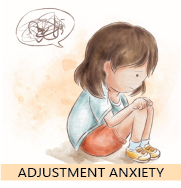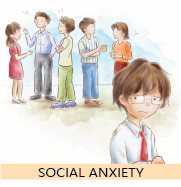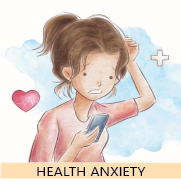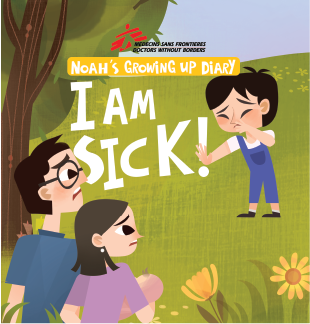OVERVIEW
Even though change is a constant part of life, we can sometimes be overwhelmed by it. That may come from the stress of moving to a new place, starting a new job, losing a loved one, or even facing an unprecedented situation such as the COVID-19 pandemic. In such times, it is common to experience emotions such as worry, stress and even panic.
We all sometimes feel worried or stressed – and indeed these emotions have important roles to play in our survival; they serve as warning signs, telling us that something in the environment may be bad for us. But that usually subsides when the stressful situations have passed. If it doesn’t, and the intense feelings of worry, stress or fear begin to interfere with our daily lives, this could be a sign of anxiety.
Anxiety is one of the most common mental health conditions worldwide. According to the World Health Organization (WHO), 1 in 13 individuals suffer from anxiety globally. The good news is, there are many effective ways to manage anxiety. And more importantly, the sooner we seek support for anxiety, the more likely that we can recover.
Adjustment-related anxiety
Adjustment-related anxiety is a temporary state of distress that is usually triggered by the recent experience of a stressful event. It may be brought on by the loss of a family member, the birth of a child, marriage, divorce, losing a job, moving to an unfamiliar environment, returning home after living abroad or having an illness. The common thread among these seemingly contrasting life events is that they can all be drastic changes and triggers of stress for different people.
What are the signs of adjustment-related anxiety?
Commonly reported signs of adjustment-related anxiety include (but are not limited to):
- Feelings of distress, nervousness, fear or worry
- Feelings of emptiness, sadness or not enjoying the things you used to enjoy
- Depressive mood, such as crying for an unknown reason
- Loss of appetite
- Difficulties in sleeping, concentrating, or performing daily activities
- Social withdrawal
Left unmanaged, adjustment-related anxiety may significantly impact a person’s lifestyle, work and activities in the weeks or months during and after the stressful event. The effects may eventually disappear if the person successfully adjusts to the new situations. However, if these adjustment-related difficulties persist for more than six months, it may turn into a depressive episode that requires clinical treatment owing to its severity and duration.
What are situations that may trigger adjustment-related anxiety?
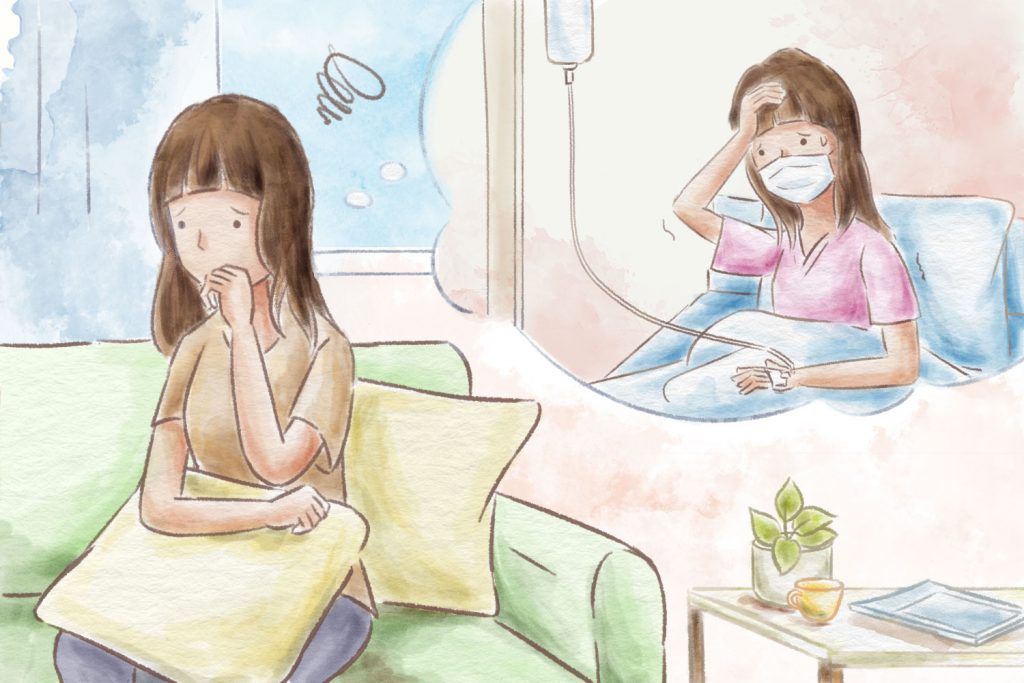
Recovery from an illness
Some people who have recovered from COVID-19 may still have fears and worries about the virus. Such reactions are only natural because their many experiences – such as being hospitalised, facing a severe illness or even the prospect of death, learning about side effects after recovery, and returning home to family after discharge – can all be frightening events to go through in a relatively short amount of time. It is important that individuals who have recovered from COVID-19 pay attention to their emotional states and reach out to loved ones and professionals if such fears persist.
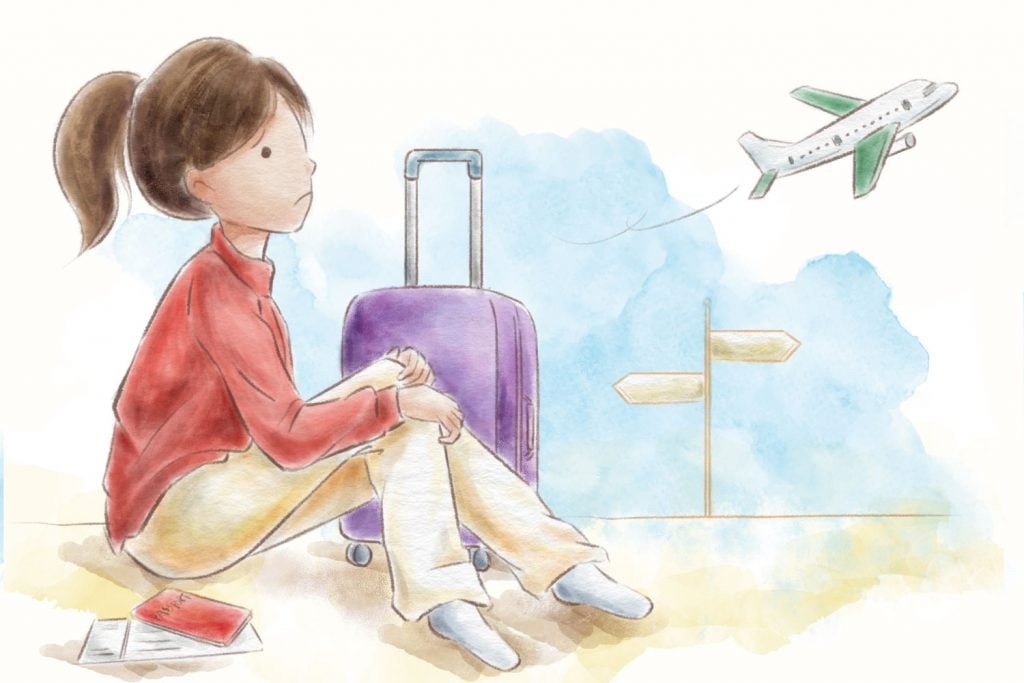
New cultures
Individuals and families who move from their hometown to a foreign country may feel distressed and sad and be socially withdrawn. The experience of adapting to a new environment is challenging by nature. You might need to find a new home, learn the foreign language, get familiarised with a different neighbourhood, work in a new office and establish new social networks. There’s also the strain of parting with existing social support, handling negative responses from loved ones who are not supportive of this move, and bearing with all the distressing emotions that come from bidding farewells. So it’s not surprising to experience adjustment-related anxiety and a low mood during the first few months after the move.
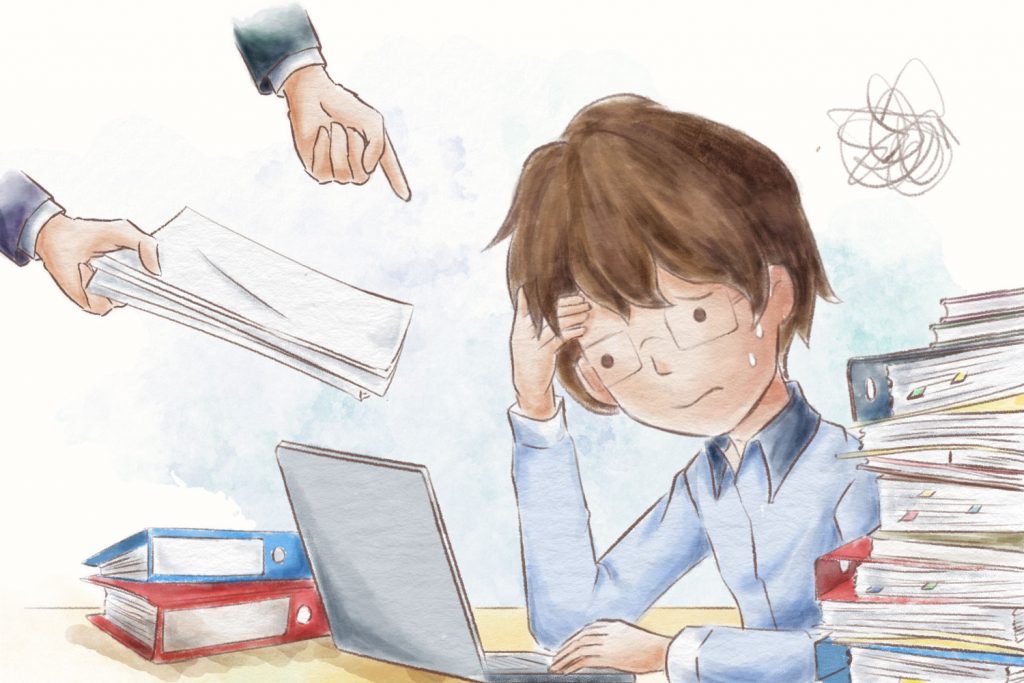
New roles
Taking on new roles can make us feel more anxious and lost than usual. Stepping into society as a full-time worker for the first time can be a daunting experience because of explicit as well as unspoken expectations from those around us. Whether it is a family’s expectations of starting to share expenses or the job’s high demand on one’s productivity and time, it can all be very overwhelming to cope with. For new retirees, a transition from full-time work can also be destabilising, despite their new lives being seen as blissful by those around them. That assumption can even make them feel ashamed to admit that this seemingly positive change is actually a challenging one, not least because of an erosion of identity that is closely related to their sense of self, confidence and worth.
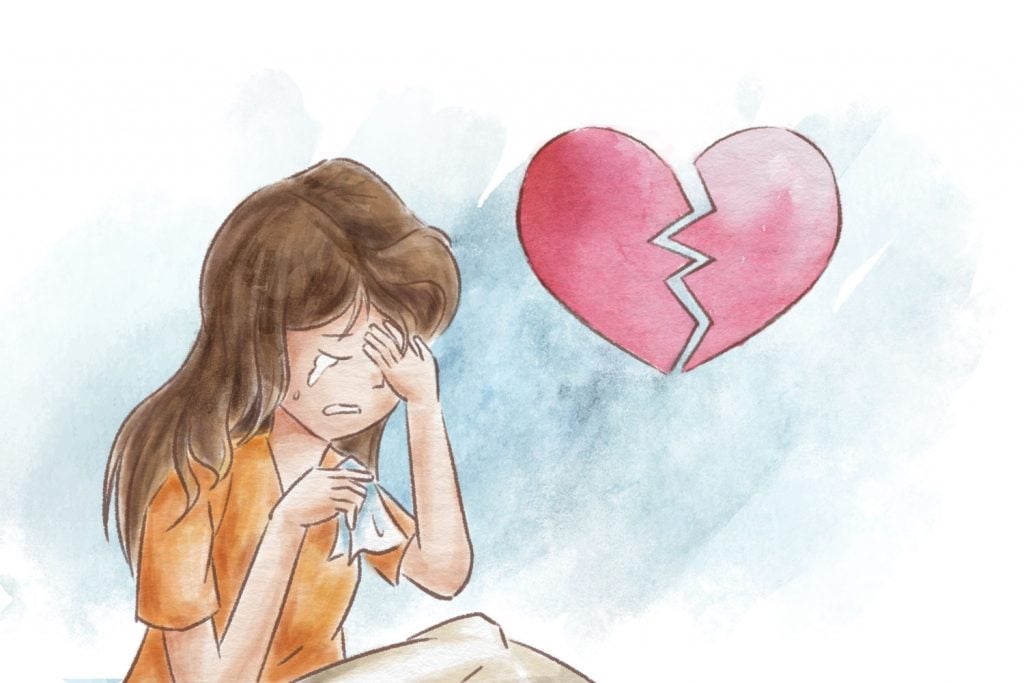
Relationships
Becoming first-time parents can be a very stressful and foreign experience to navigate, with a new family member who is entirely dependent and a drastic change in daily routines, environments and the distribution of resources. Sudden changes in other relationships, such as divorce or a break-up that removes people who were formerly a main source of support in our lives can also create an experience that is overwhelming, anxiety provoking and saddening.
How to cope with adjustment-related anxiety?
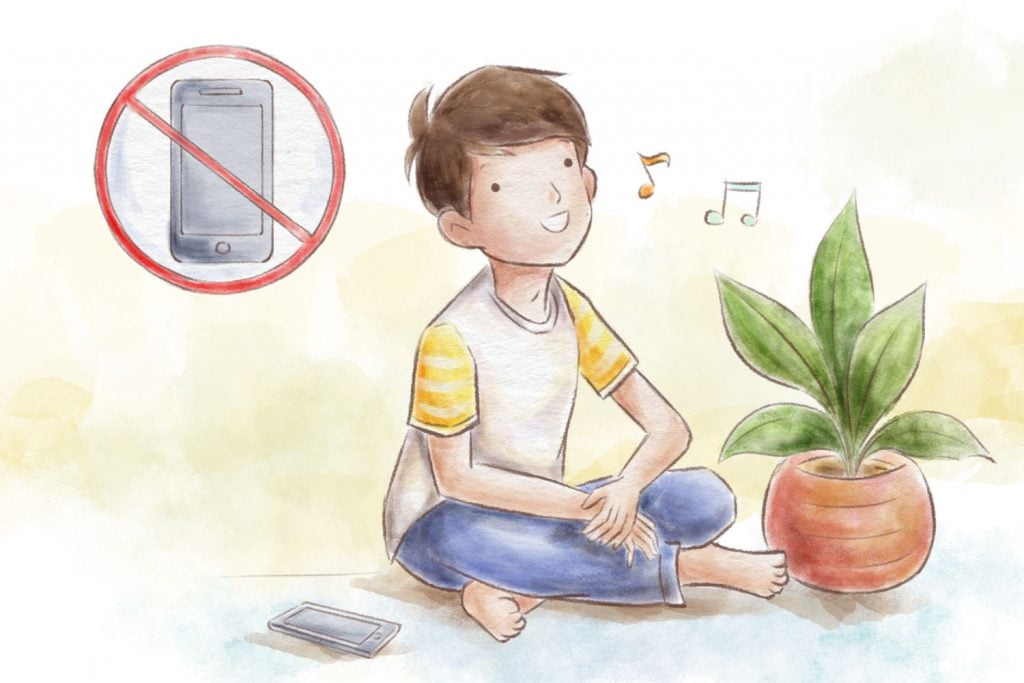
Reduce exposure to stress
Adjustment-related anxiety is often triggered directly by a stressful event or situation and the effects of anxiety will usually begin to subside once the stressors are removed. So try to reduce time looking at the social media profile of the person from the relationship that’s ended; switch off work-related notifications on devices after working hours; reduce time reading or watching content related to “perfect parenting” or other topics that are connected to the anxiety.
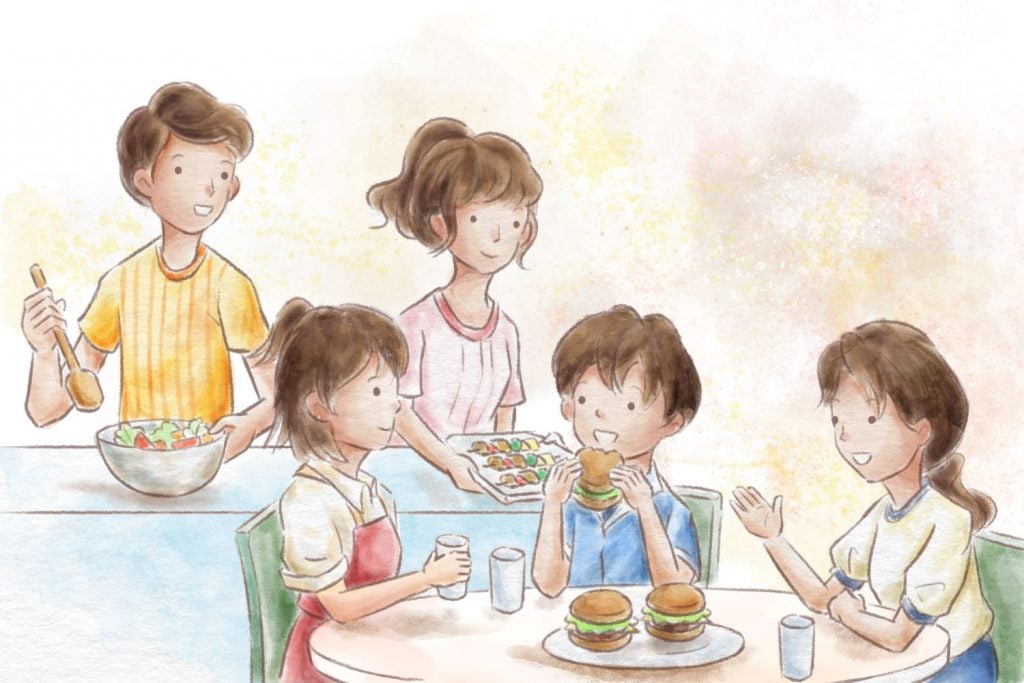
Relaxing activities
Set aside regular times for positive activities that you find help you to relax and reduce stress. This can be anything from reading, drawing and cooking, to exercising and spending time with friends and family. Worries are very taxing on our energy levels and these pleasurable activities can help us to recharge. To relax, you may also try out mindfulness techniques such as breathing exercises and meditation.
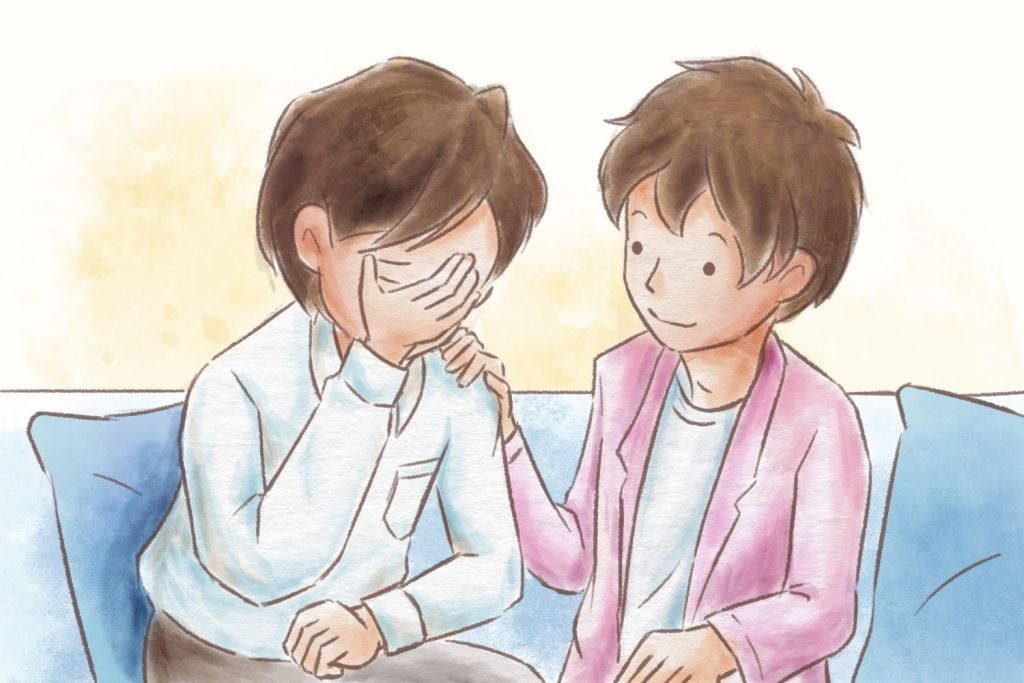
Social support
Social support groups are sometimes available for people who have experienced common life-altering events, such as grief, divorce and migration. Getting the right social support can help you to manage the effects of adjustment-related anxiety. That could include your loved ones, friends, religious community, or a mental health professional.
If you or your loved ones are experiencing persistent anxiety-related symptoms, it is crucial that you speak to a mental health professional.
Please try your best to do this – while it may be difficult, it can ultimately be a rewarding first step in your journey to recovery.
CARITAS FAMILY
CRISIS HOTLINE
18288
BAPTIST OI KWAN SOCIAL SERVICE 25354135
Emotional Support and Mental Health consultation hotline
YOUTH OUTREACH HOTLINE
90881023
For youth aged 24 or below
HONG KONG RED CROSS
"Shall We Talk"
(by Appointment Only)
Psychological Support Service
Social Anxiety
We all sometimes feel a bit nervous in a social situation because we mostly want to give a good impression of ourselves. But social anxiety is an intense state of distress that a person may experience when interacting in social situations. This often comes from a fear of being judged, criticised, laughed at or humiliated in front of others. They may avoid social situations entirely, out of the fear that they will be seen by others to be acting in ways that are humiliating or embarrassing.
People may experience social anxiety in the lead up to or during performance situations, such as when delivering presentations and speeches. It may also be related to a specific social activity or setting, such as eating a meal in public. Left unmanaged, social anxiety can damage personal and professional relationships – even to the extent where it significantly disrupts daily life.
What are the signs of social anxiety?
Commonly reported signs of social anxiety include (but are not limited to):
- Excessive perspiration or trembling in social situations
- Blushing or stammering when attempting to speak in social settings
- Nausea or diarrhoea around or during the time of social situations
- Excessive worrying over saying or doing the wrong thing in front of others
- Avoiding situations that may lead to embarrassment or humiliation
- Avoiding situations that may lead to embarrassment or humiliation
What are situations that may trigger social anxiety?
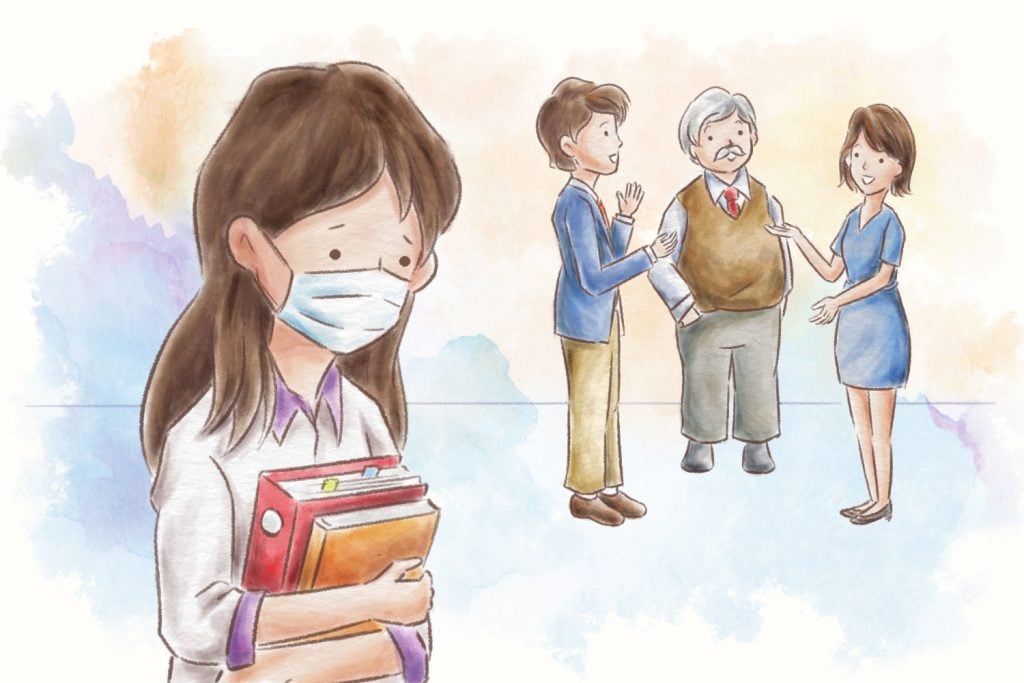
Workplace
During times like a pandemic, it can be hard switching back and forth between in-person and remote work settings. This can trigger feelings of awkwardness or even fear of being around colleagues and others in person. Commonly encountered thoughts may include: “do they think I look weird?”, “I think I looked and sounded so silly in the meeting” and “I think wearing a mask makes me feel safer since people cannot see all of me.” These worries may gradually disappear with time. If they persist and prevent a person from attending social events, reaching out to a mental health professional can be helpful.
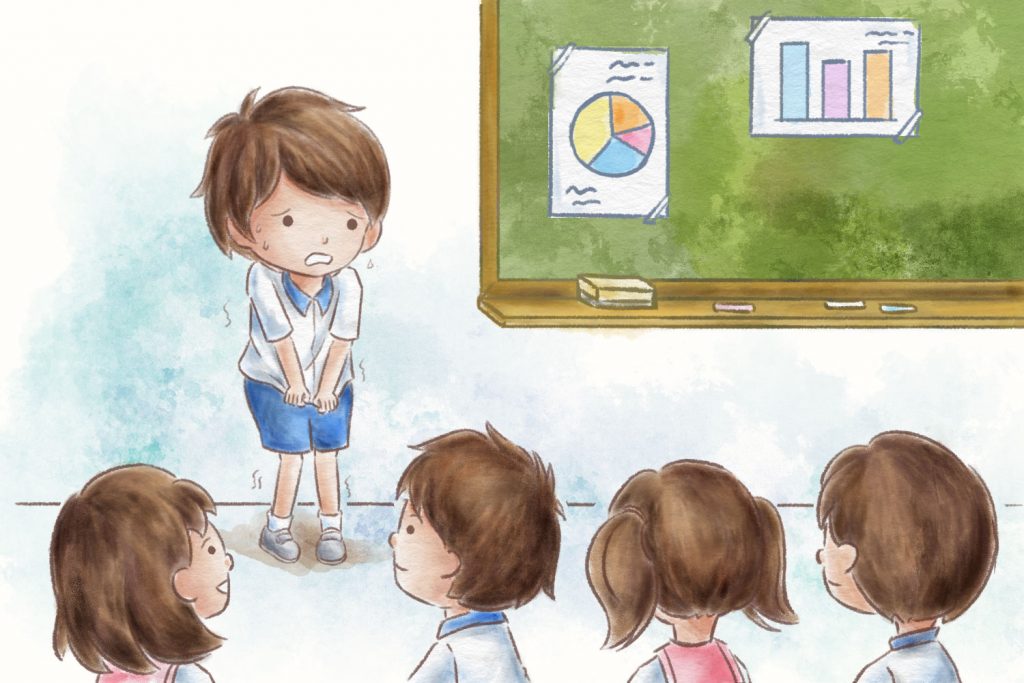
School
Returning to school after a long break or remote learning can be an anxiety-provoking experience, especially when there are large crowds in school. Students may feel worried and scared to give presentations or socialise with their peers because their internal focus has made them hypervigilant and critical in judging how well they are behaving around other people. Again, these worries may disappear with time. But if they persist and prevent your child from attending school or social activities, contacting a mental health professional can help.
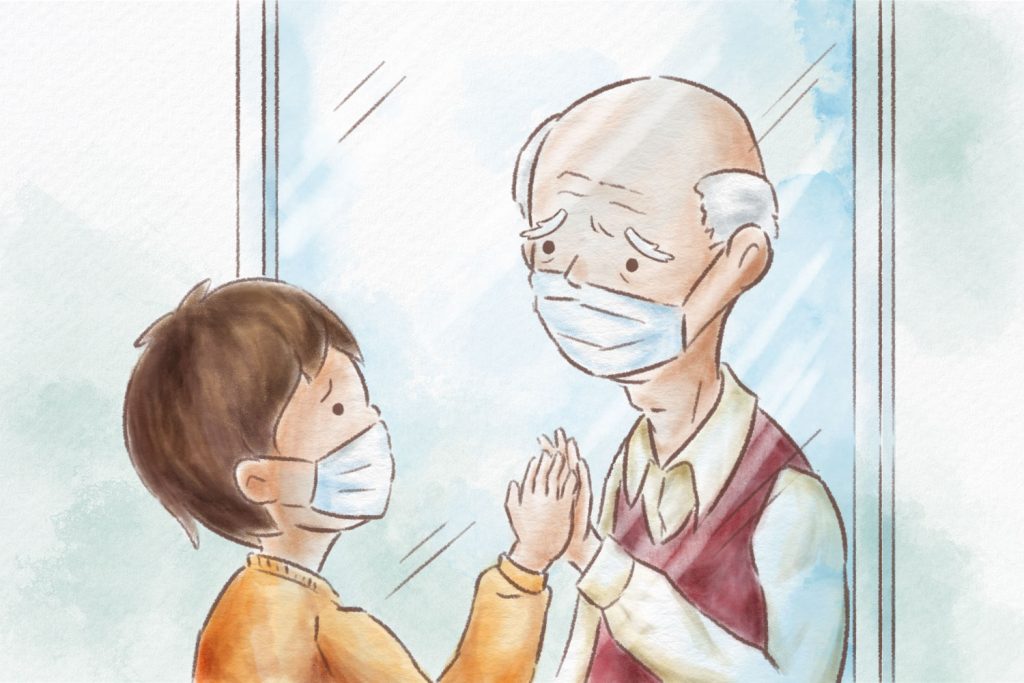
Family
Being confined with just the family for a long time in situations such as the COVID-19 pandemic can create distress and anxiety for each other. The lack of personal space in many households or opposing opinions about current affairs can lead family members to start avoiding each other and become fearful of possible criticism. During the pandemic, people who are living with children and older family members may express their care by screening visitors and restricting social interactions. This worrying may improve, especially when all family members are vaccinated but if any of these problems keep on disrupting your family’s normal connections, again it can be helpful to speak to a mental health professional.
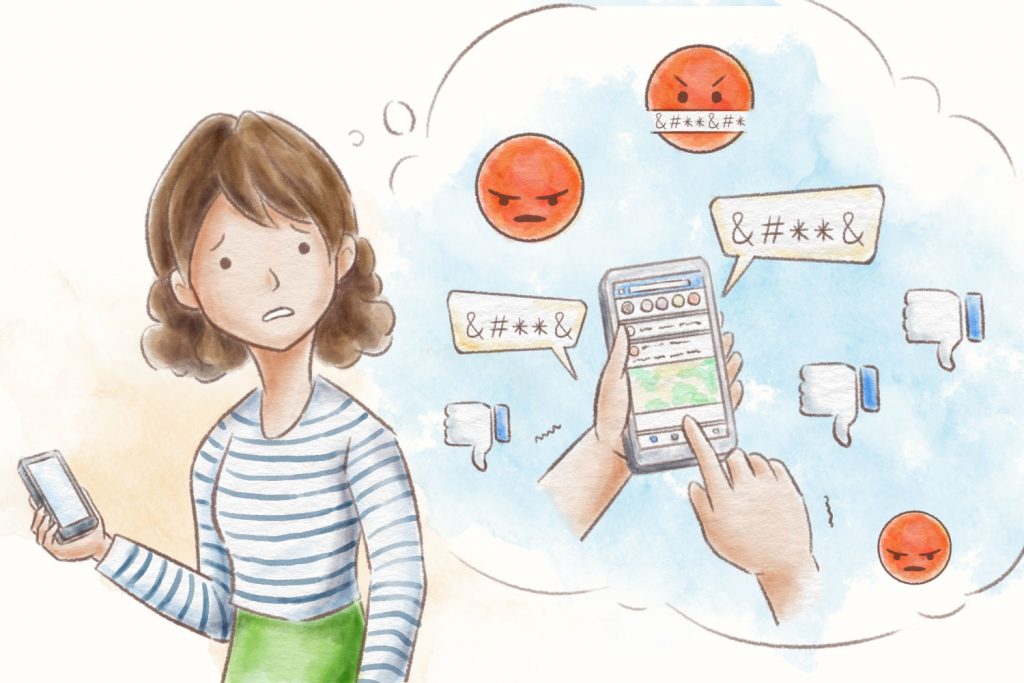
Social Media
With the increasing dependence on social media for communication and entertainment, many people feel pressured into actively engaging online. Some individuals may not express themselves online out of fears of being judged by their social circles. It is important to be mindful of the needs and limitations of others. However, if you or your loved one retreats from using the internet or social media to connect, or when the worries about social media are persistent and lead to the avoidance of meetings in person, that’s when speaking to a mental health professional may help.
How to cope with social anxiety?
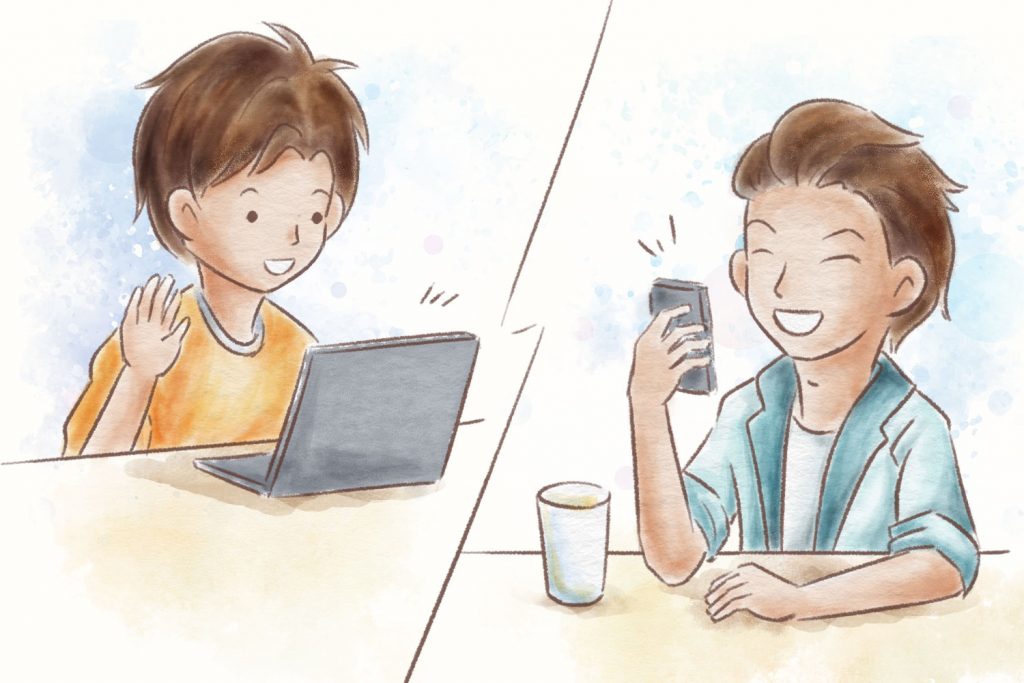
Setting small and achievable goals in social situations
Although avoiding social interaction may feel good in the short term, that is likely to reinforce the problem. Try instead to set realistic goals for those situations that are meaningful to you personally. For example, start by meeting one good friend before joining a group social event; talk to family members about non-controversial topics to ease into more interactions; keep in touch with friends who you trust by connecting through in-person interactions or private messaging. Discuss with a trusted mental health professional how you can work toward these goals one step at a time.
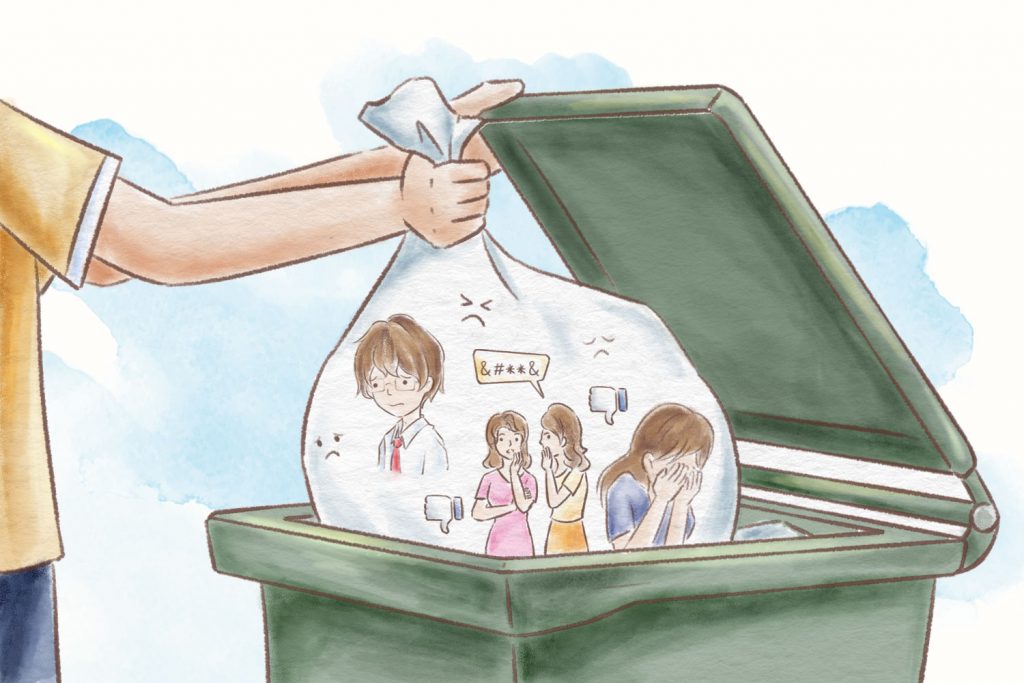
Recognise unhelpful thoughts
Try to identify the specific thoughts and thought patterns that contribute to your anxiety about social situations. Unhelpful thoughts such as “I am always making a fool of myself” and “everyone must think that I am incompetent all the time” provoke unpleasant emotions such as sadness, fear and powerlessness. These emotions drive us to avoid social situations altogether. Becoming aware of unhelpful thoughts – such as by keeping notes of them – and discussing them with a trusted mental health professional can be beneficial.
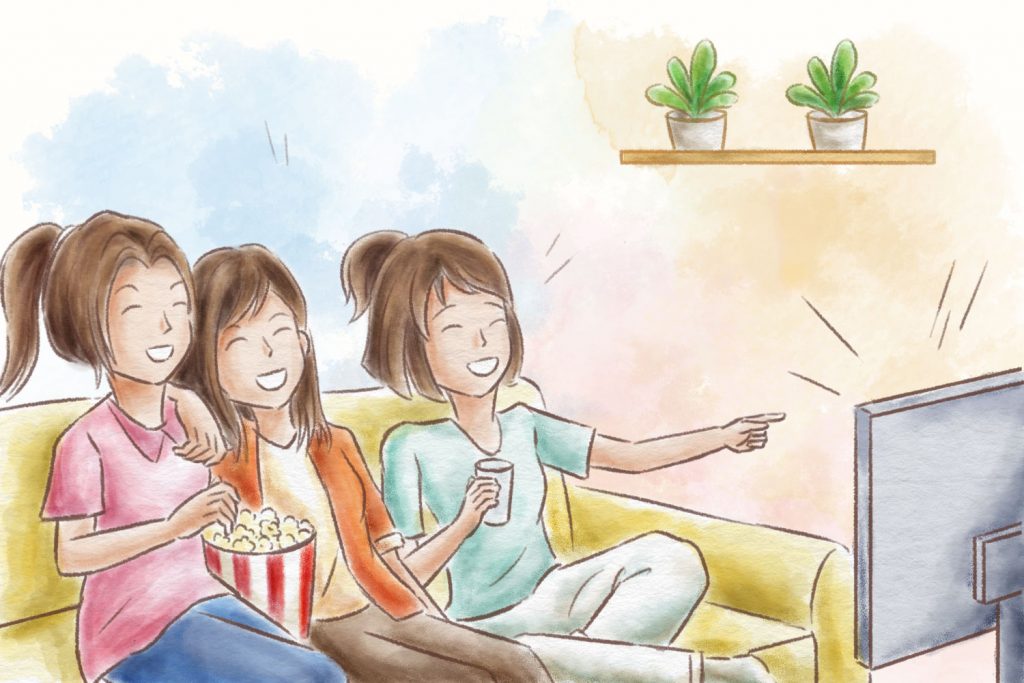
Make time for relaxation
Set aside enough time for rest and relaxation. Apart from hobbies that you do on your own, look for activities that you can do in groups or with friends and family, such as taking walks or watching a film. You could explore breathing and relaxation techniques, such as progressive muscle relaxation, which are aimed at reducing and managing anxiety.
If you or your loved ones are experiencing persistent anxiety-related symptoms, it is crucial that you speak to a mental health professional.
CARITAS FAMILY
CRISIS HOTLINE
18288
BAPTIST OI KWAN SOCIAL SERVICE 25354135
Emotional Support and Mental Health consultation hotline
YOUTH OUTREACH HOTLINE
90881023
For youth aged 24 or below
HONG KONG RED CROSS
"Shall We Talk"
(by Appointment Only)
Psychological Support Service
Health anxiety
Most of us regard our physical health as important and therefore it is natural to care for it and even worry about it from time to time. Health anxiety refers to an intense and excessive worrying about the possibility of having a serious medical condition when the risk for developing that condition is relatively low, or when there are no physical symptoms of it.
People with health anxiety tend to interpret their regular body sensations or minor physical symptoms – such as nausea, tiredness or headaches – as signs of severe illnesses. They may persistently believe that they are at great risk of contracting severe illnesses, even if their medical examinations don’t show anything.
Health anxiety can take over a person’s life with worry, checking their bodies for symptoms and spending excessive amounts of time looking up different health conditions on the internet.
What are the signs of health anxiety?
Commonly reported signs of health anxiety include (but are not limited to):
- Excessively worrying over one’s health, despite there being no evidence to suggest a serious health problem
- Frequently searching for information about one’s symptoms on the internet
- Constantly checking one’s body for symptoms
- Feeling extremely distressed by the onset of common or mild physical symptoms or from viewing health-related reports in the media
- Frequently feeling very tense and finding it difficult to relax
- Always seeking reassurances about one’s health from other people
- Scheduling numerous medical appointments that are not ordered by doctors
It is common to experience mild to moderate health anxiety, especially during the pandemic period. These emotions may eventually disappear when a person receives adequate medical treatment and information.
However, if the fears persist for more than six months, they may damage a person’s life. If you or your loved ones are experiencing persistent and intense fears regarding health, it will be beneficial to reach out to a mental health professional.
What are situations that may trigger health anxiety?
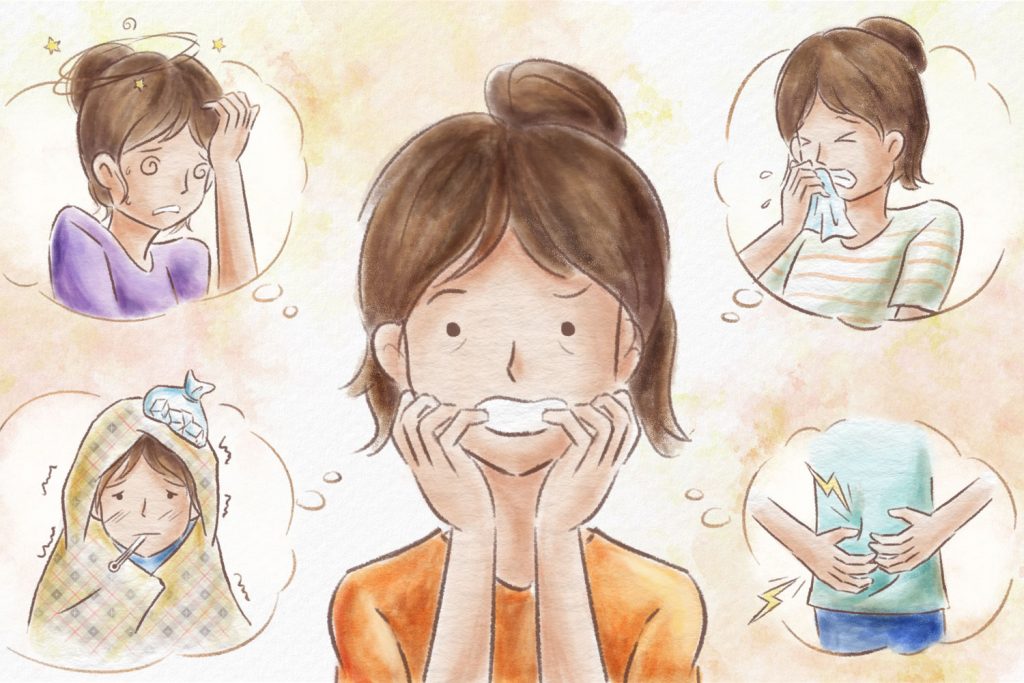
Magnifying bodily sensations
It is common for people to start paying attention to their own health after speaking with friends who are ill, or watching the news about prevailing health issues. However, an individual may also start to experience constant worries over his or her own health, and may even start noticing more intense bodily sensations than usual. This experience occurs because health anxiety narrows an individual’s focus onto his or her own body, and magnifies every sensation identified, no matter how trivial these may actually be.
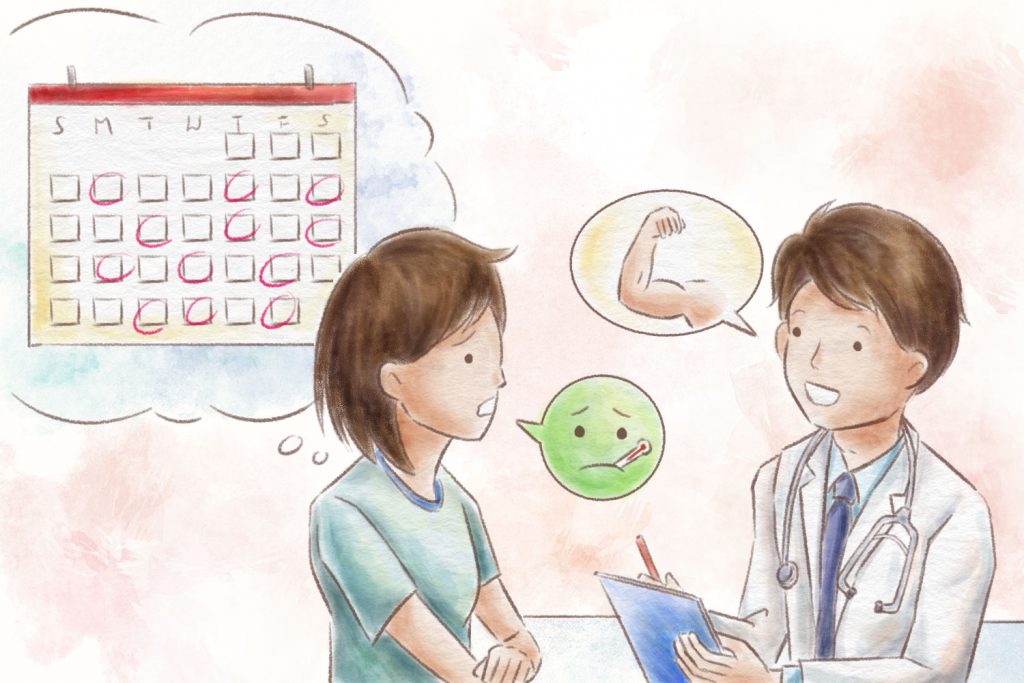
Reassurance seeking with repeated medical appointments
After noticing that certain negative bodily sensations are persistent, it is wise to visit a healthcare professional. But some people may still feel worried even after their doctor clearly states that there is no cause for concern. Repeated medical check-ups and reassurances from doctors may provide temporary relief from anxiety, but the problem is likely to keep coming back.
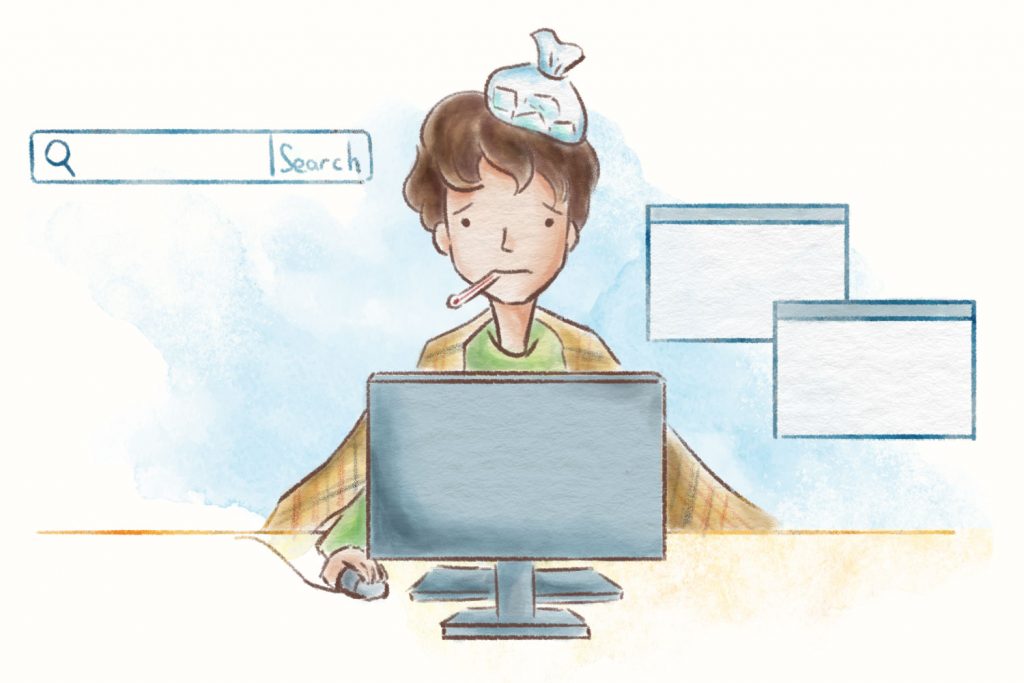
‘Play doctor’ by Googling
When faced with a health concern, many of us first consult ‘Dr Google’ – searching for possible symptoms and conditions on the internet. Some people may rely heavily on internet searching even after consulting with a medical professional. The act of spending hours daily researching the health condition and the general exposure to endless information are both powerful contributors to intensifying anxiety.
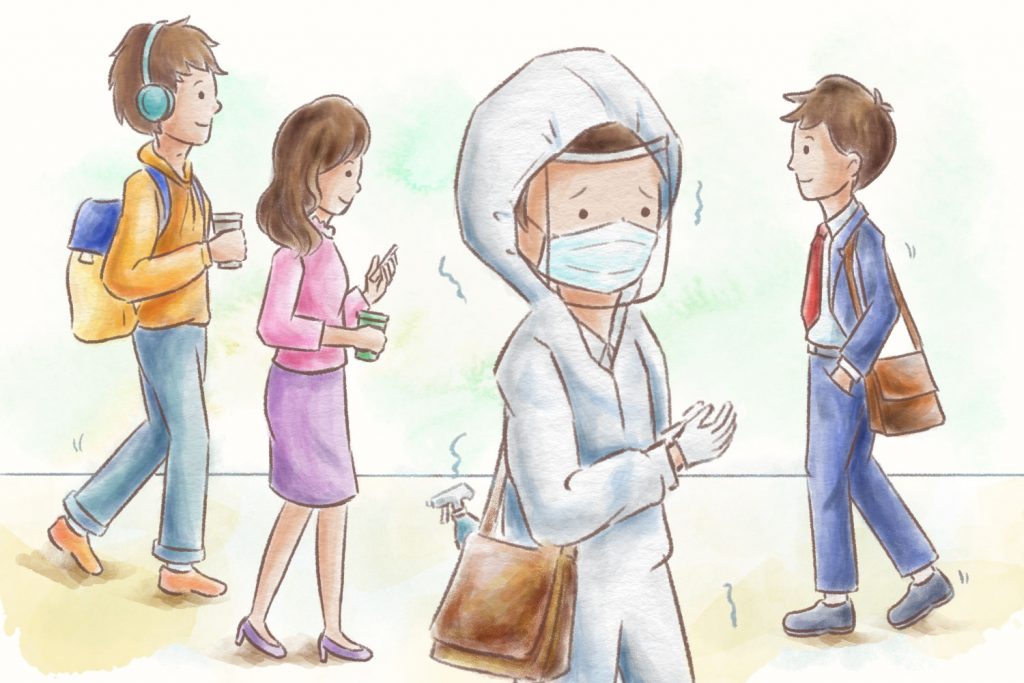
Going beyond regular health measures
It is important that we follow healthcare guidelines about personal hygiene standards. However, some people may go way beyond these guidelines, acting in ways that are completely disproportionate to the situation, because of their worry about falling ill. For instance, they may repeatedly spray excessive amounts of disinfectant over all surfaces, or refuse to leave their homes entirely. This can lead to a cycle of more worry and distress.
How to cope with health anxiety?
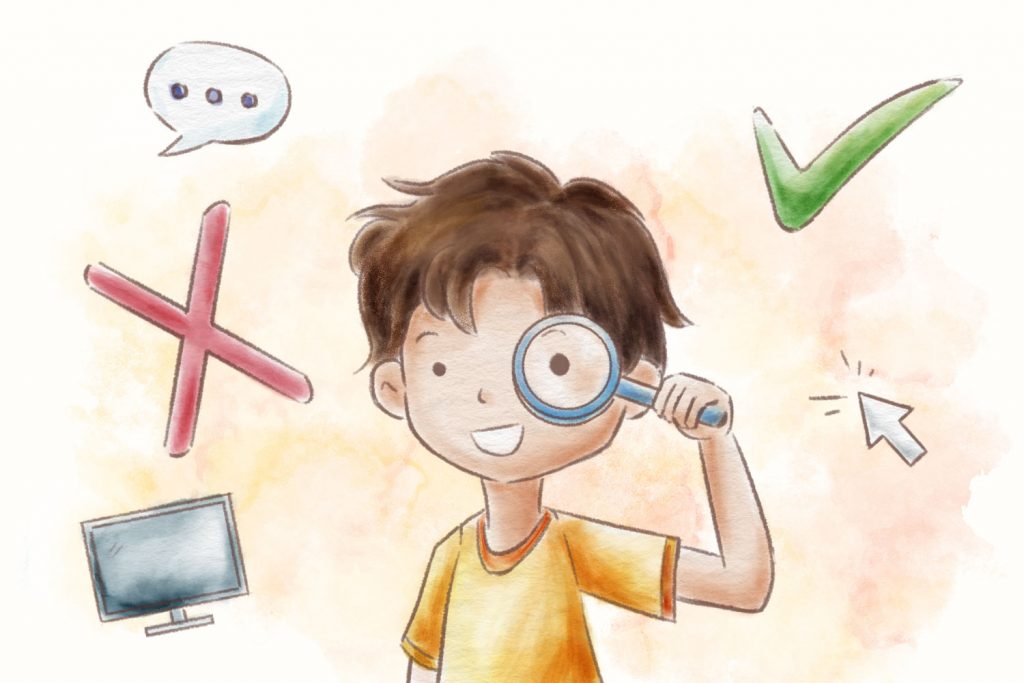
Regulate information intake
A lot of the things we see and read can be unhelpful, sensational, and potentially inaccurate. Being continuously exposed to numerous sources of information about health issues, as well as sensational and distressing news stories, can cause you to feel overwhelmed and worried. Rather than having this immediately accessible or constantly playing in the background, try to set brief, limited, and consistent time slots to look at media sources.
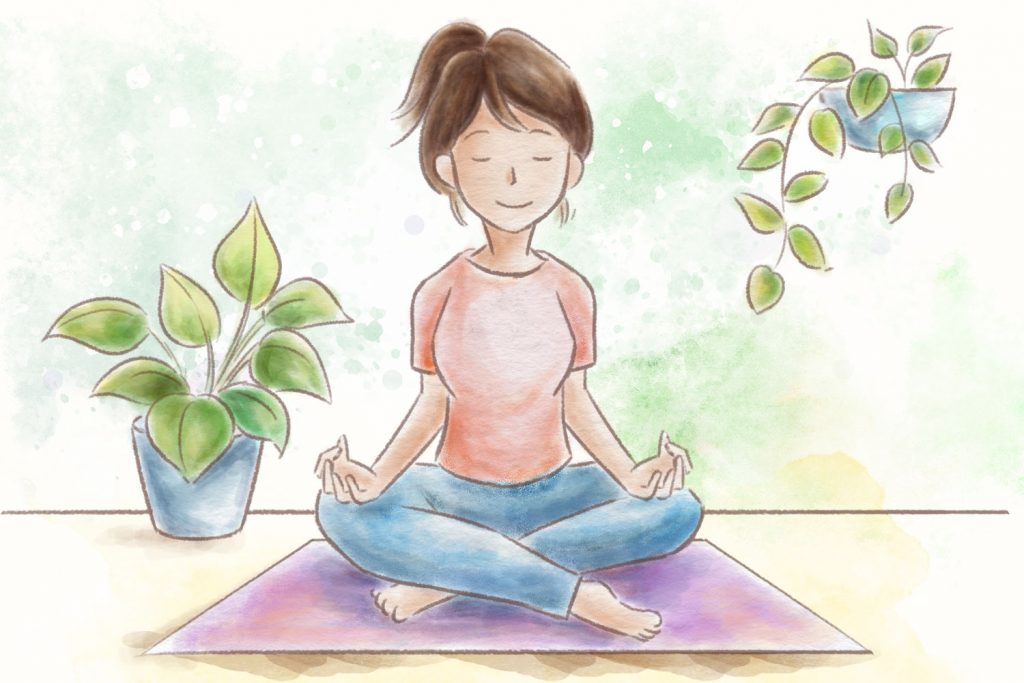
Mindfulness
Instead of giving in to unhelpful behaviours such as Googling health-related information all the time, try shifting your attention onto something else. Mindfulness is the practice of being aware of your thoughts, surroundings, and actions in a purposeful way. When you start to worry about health issues, turn your focus to the present moment and your surroundings by doing things that involve your different physical senses. Simple exercises, such as making a list of the surrounding objects that you can see, listening to song lyrics, or touching different textures can help to take your mind off your worries.
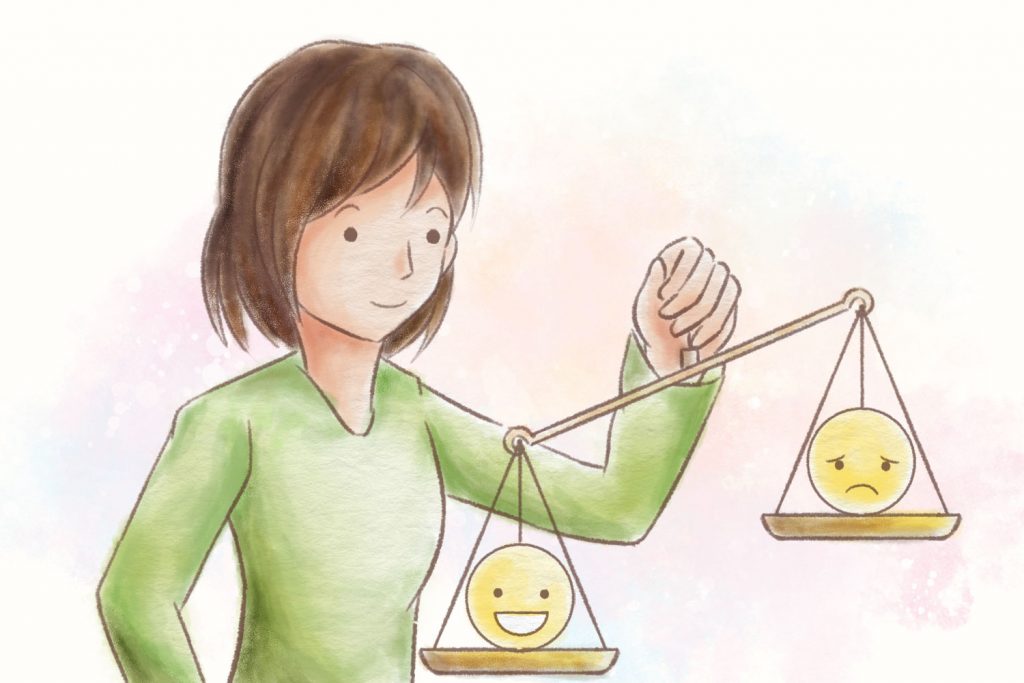
Challenge your thoughts
Recognise the thoughts that cause you to worry about your health, for instance “I feel like I have a disease.” Rather than believing them to be true, step back and question such thoughts by thinking about an alternate perspective. “The doctor did tell me today that I have nothing to worry about.” It is important to remember that thinking you are seriously ill does not mean that you are.
If you are suffering from health anxiety that interferes with your daily life, it is vital that you speak to a mental health professional such as a psychologist or psychiatrist, so that they can help you get better.
CARITAS FAMILY
CRISIS HOTLINE
18288
BAPTIST OI KWAN SOCIAL SERVICE 25354135
Emotional Support and Mental Health consultation hotline
YOUTH OUTREACH HOTLINE
90881023
For youth aged 24 or below
HONG KONG RED CROSS
"Shall We Talk"
(by Appointment Only)
Psychological Support Service


